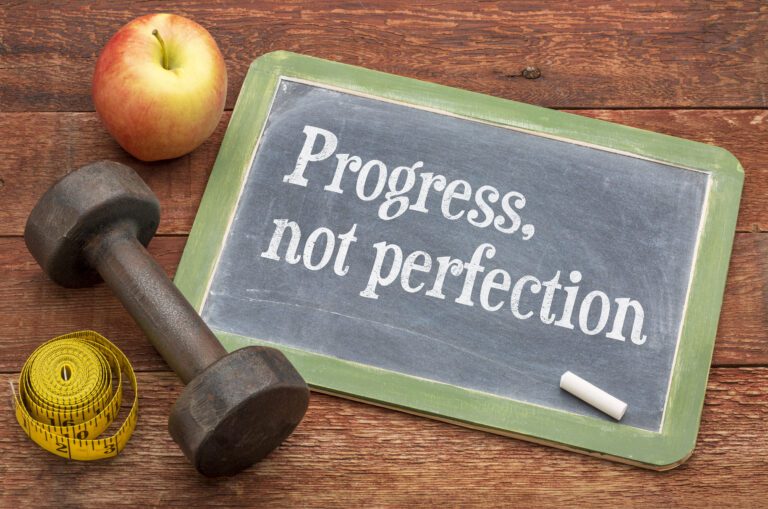Navigating The Confusing World Of Disability In The USA
*Photo by Romain Dancre on Unsplash
The following information is based on applying for disability in the USA and is not intended as legal advice. Whatever advice you choose to follow is based on your own discretion.
Social Security Disability
Social Security Disability Income or SSDI is a program that was created for those termed “disabled.”
First off, do not look down on yourself if you need to use a resource specifically designed for your situation.
Not only is there a huge stigma surrounding bipolar disorder, but there is an equal stigma associated with asking for help. Do not let the negative opinions of others impact your decision to take action and better your own situation.
You, along with a medical doctor, fill out paperwork and provide copies of paperwork to the Social Security Administration to determine your status.
I have known people to be approved for SSDI right away. However, normally the authorities deny an individual and the person needs to appeal the decision. I am not sure how many appeals you can file, but I have had friends who are still going through the process, and it has been five years since their initial submission.
The Process of Applying For Disability
I do not know all the legal details, but I can give you as much information as I can to help you become successful.
When you apply for SSDI, you are telling the government you cannot participate in any gainful employment. Bipolar disorder is on the list of described disabilities that the U.S. government acknowledges.
The Importance of Clarity
When you submit your initial paperwork, do not hold anything back. You will be better off with the more documentation that you provide. You hear all these horror stories of individuals appealing time after time, year after year. Set yourself up for success by not leaving out any detail.
I know a handful of people who were very descriptive and provided copious amounts of paperwork to the U.S. government. They received approval from the U.S. government and started receiving benefits in six months or fewer.
Once you are approved for Disability, you start receiving a monthly subsidy that is deposited directly into your bank account. You will also receive Medicare Part A and B. If you decide, you can sign up for part D, which is prescription drug assistance. This is a great program to take part in, as most individuals on SSDI are on medications.
I have also known quite a few individuals who have hired attorneys to help win their disability cases. Most will not charge you an upfront fee but require you to pay after they win your case.
Some lawyers charge you a fee based on a prearranged percentage, which they take from the chunk of back pay you are awarded.
Once the U.S. government determines that you are disabled, they will assign a “start date” for your disability. This is generally backdated based on the current date. This determines your back pay amount.
I have heard of other attorneys taking a percentage of your monthly disability check for an undefined amount of time.
Still, others make other varying agreements based on a combination of back pay and the monthly disability check. It is always important to know exactly what you are getting into before signing any legal document. Make sure you check with your own lawyer before agreeing to anything.
Last Thoughts About Social Security Disability
Just remember to do your due diligence before submitting your paperwork to the Social Security Administration.
For example, make sure that you have a doctor and an official diagnosis. It is only in your best interest if you know the exact details of what to provide and fill out. Anything incomplete will only delay your application.
The Social Security Administration beats to their own rhythm. Assume nothing, ask all your questions, and provide as much detail as you can. These are actions to take to better your chances of receiving disability.







